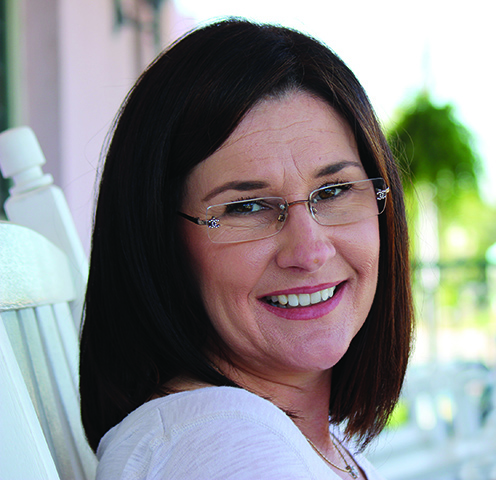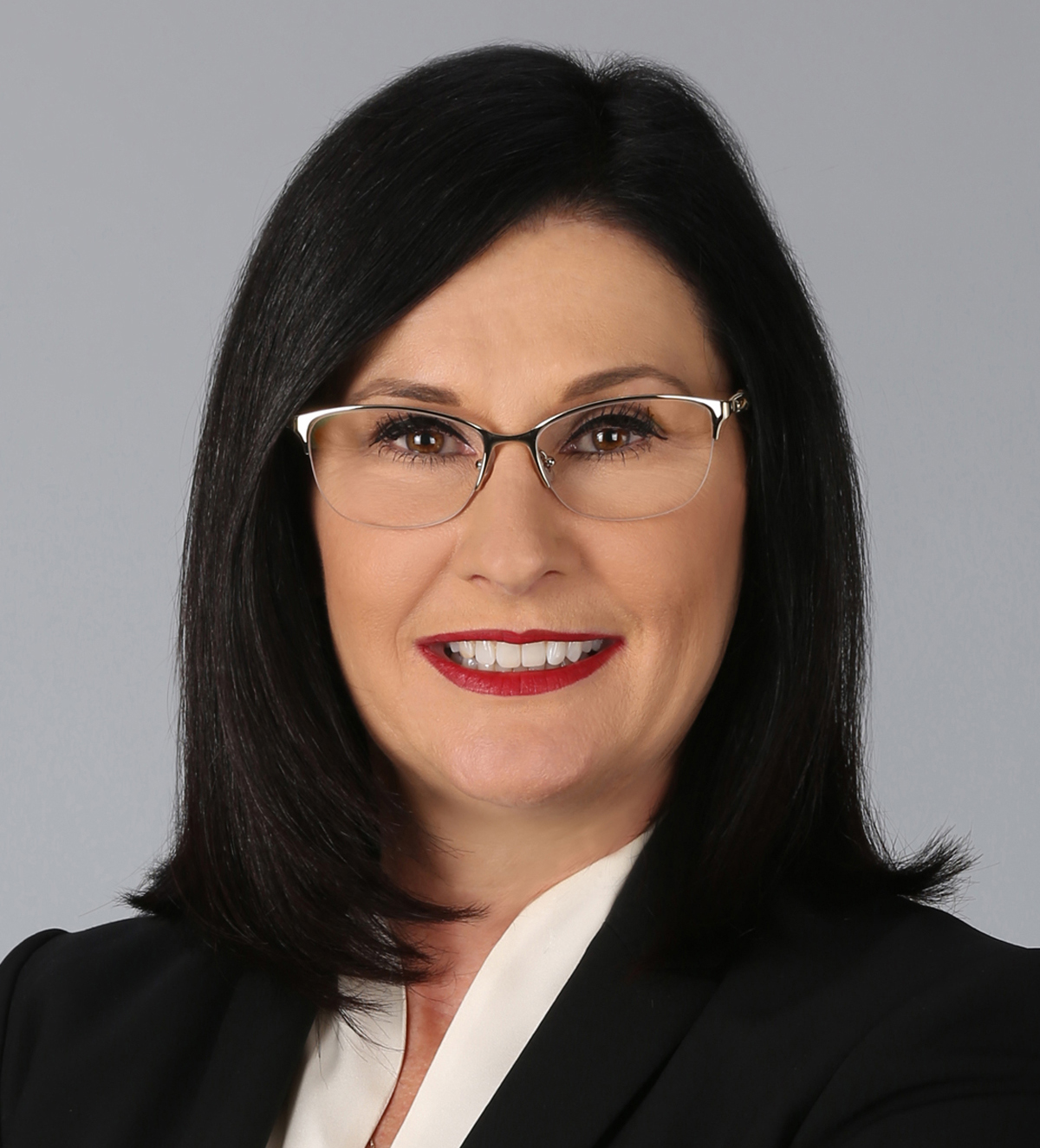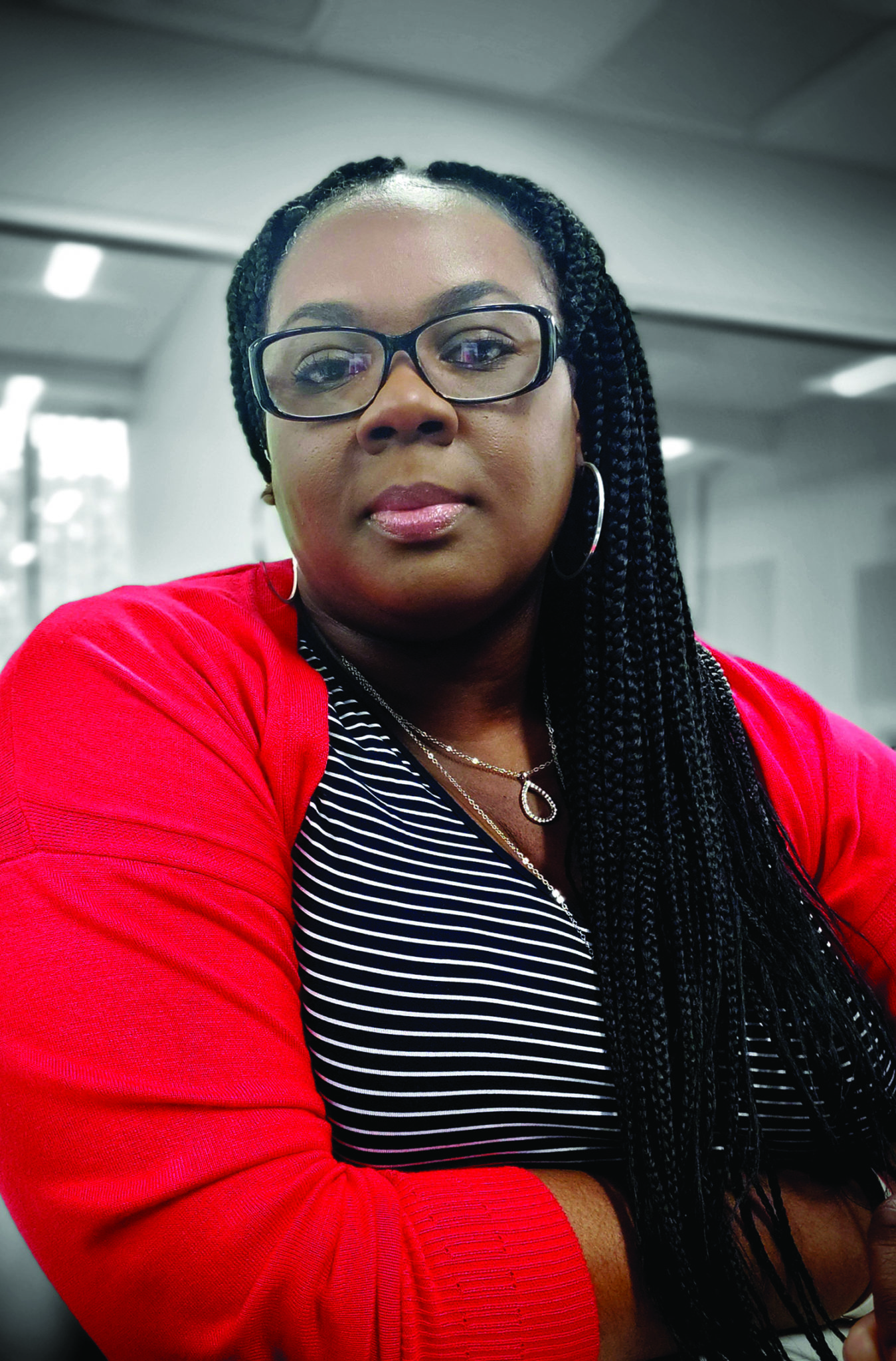By Darcie Lunsford
The Trump administration’s shift from talking about reversing U.S. trade policy and toppling trade pacts to levying tariffs and engaging in high-stakes brinksmanship has sent a wave of uncertainty across South Florida’s otherwise-sizzling commercial real estate sector.
In recent months, a flood of letters discussing rising prices has gone out to general contractors from suppliers of steel and aluminum, urging them to brace for price increases as part of the president’s efforts. Says one such notice: “No supplier is willing to protect any projects at this volatile time. Right now, the best we can do is get a 90-day [price] commitment.”
This further exacerbates the already-spiking costs of construction materials such as steel studs, rebar and beams. Many large developments were underwritten a year ago or longer, with building cost estimates that were up to 25 percent cheaper.
Then there are the mounting worries among many economists and commercial real estate experts about an impending trade war. They worry one could trigger rising interest rates and volatile equity markets, ultimately sparking an economic downturn.
China retaliated on the White House plan to tax steel imports 25 percent and aluminum 10 percent with its own tax on many U.S. imports.
“It certainly can’t help,” veteran Miami-Dade County developer Ed Easton says of rising trade tensions and their impact on South Florida’s international trade-driven industrial real estate sector.
Miami-Dade’s industrial market is humming with nearly 5 million square feet of new warehouses and distribution centers currently under construction.
“I would be more concerned if we had more inventory under construction,” says Andy Ansin of Sunbeam Properties, developer of the sprawling Miramar Park of Commerce. Like most developments across the region, occupancy levels are high, and demand from logistics firms, freight forwarders, local suppliers and product distributors quickly fills any new inventory.
While e-commerce fulfillment centers are an increasing part of South Florida’s industrial demand base, the movement of foreign and domestic goods remains a primary driver of demand. Expansion of the Panama Canal and the 2016 arrival of mega-container ships into the Port of Miami (many of them from Asia) further solidified South Florida as a global supply chain hub.
In 2016, Florida’s international trade economy was $142.8 billion, with one in four jobs statewide tied to international trade, according to data from Enterprise Florida, the state’s principal economic development organization. Florida is home to 20 percent of the nation’s exporters, second only to California.
Negotiations on the politically beleaguered North American Free Trade Agreement stand to have the most-direct impact on exports from Florida, which reached $52 billion in 2016. Canada and Mexico are among the state’s top three export markets. China is the state’s second-largest trade partner with nearly $10 billion in two-way trade, and Brazil is first with $18 billion in two-way trade.
And while President Trump focuses on trade deficits, the direction of trade is not a major factor for Florida’s economy, says Tony Villamil of Coral Gables-based Washington Economics Group.
“Whether it is exporting or importing, at the state level, we don’t care as it is the volume of trade that matters,” says Villamil, who was undersecretary of commerce for economic affairs under President George H.W. Bush and part of the NAFTA policy team. “We are in a flow-through economy in terms of total trade volume.”
Trade with Latin America and the Caribbean represents 55.8 percent of the state’s total annual trade. Asia and the Middle East account for 22.2 percent of trade, data show.
“Obviously, some of our trade partners are concerned about the policy uncertainty,” says Manuel Mencia, senior vice president for international trade and business development for Enterprise Florida. “The hope is that a trade war doesn’t happen, as no one wins a trade war.” ↵
Freelance writer Darcie Lunsford is a former real estate editor of the South Florida Business Journal. She is the senior VP for leasing at Butters Group and is avoiding a conflict of interest in her column by not covering her own deals.











